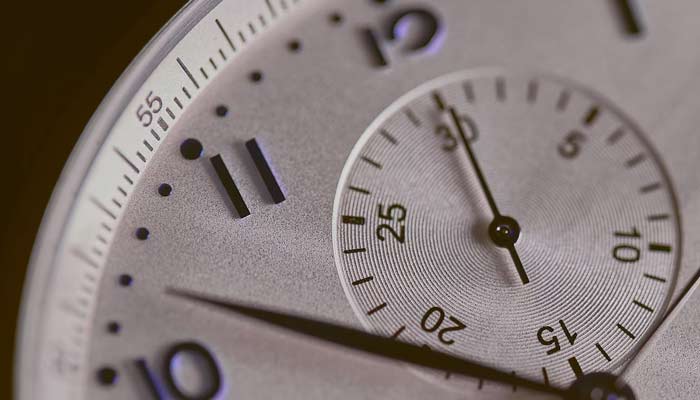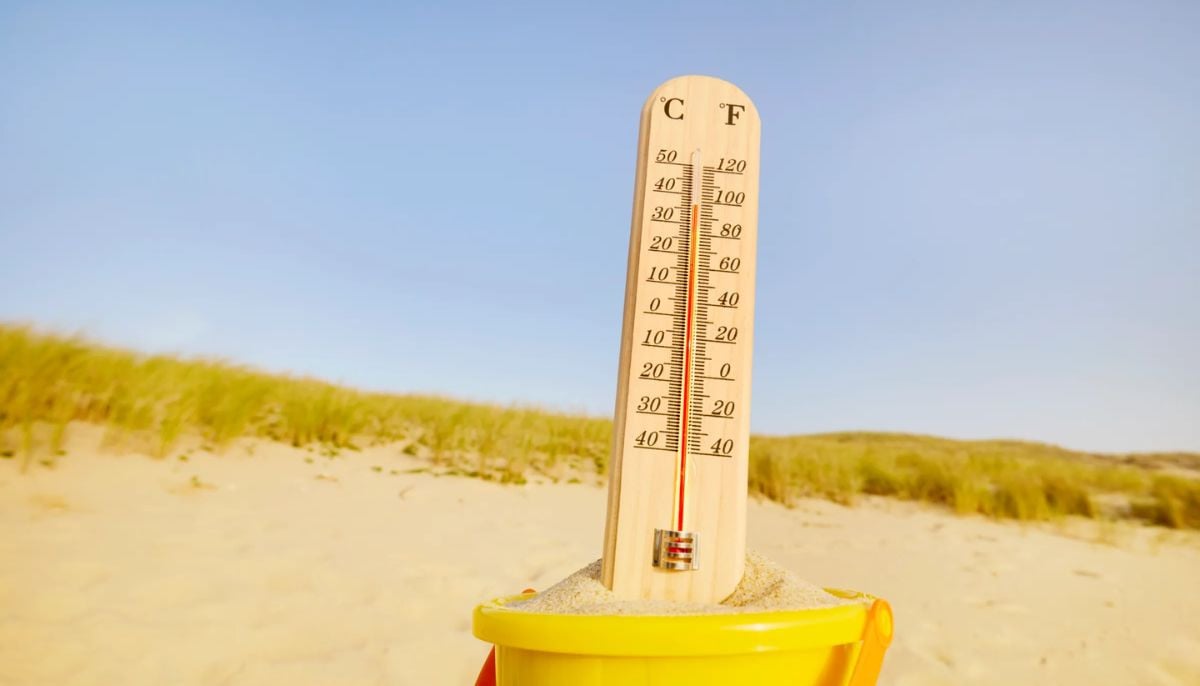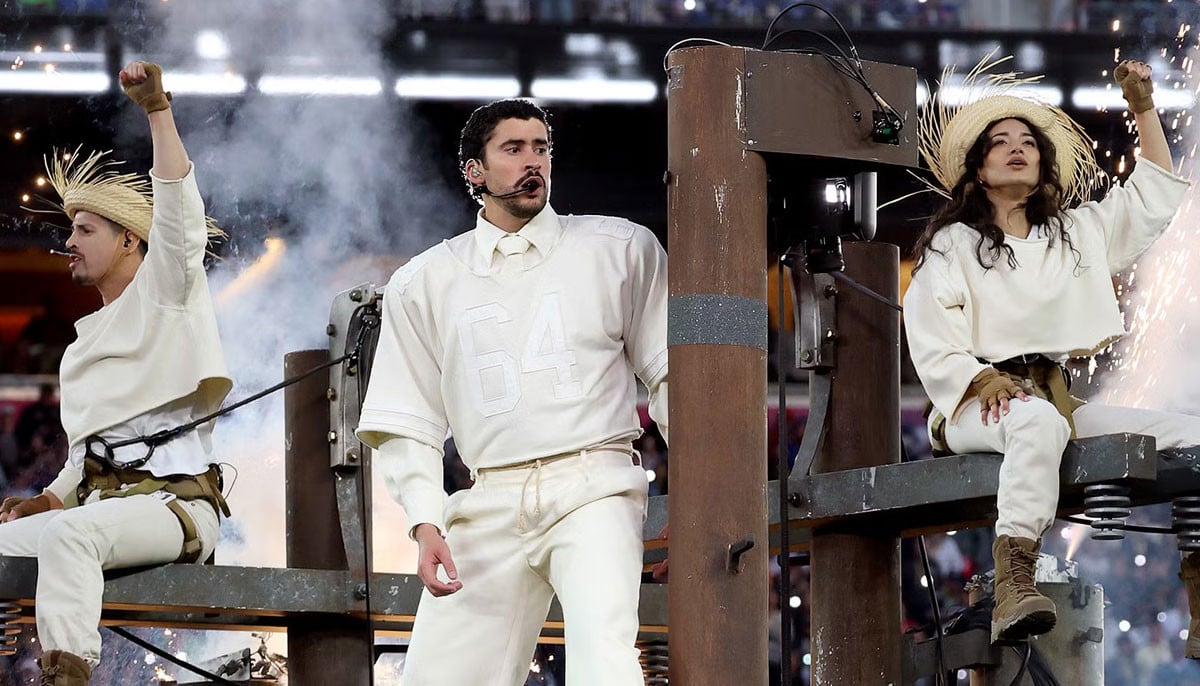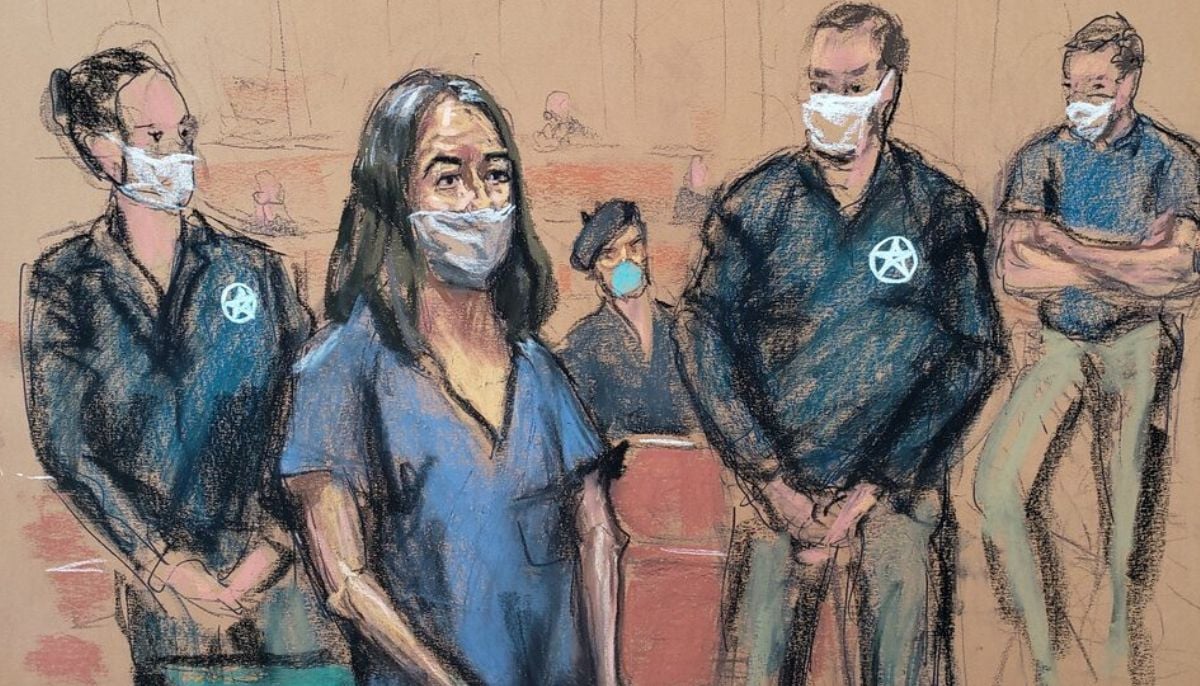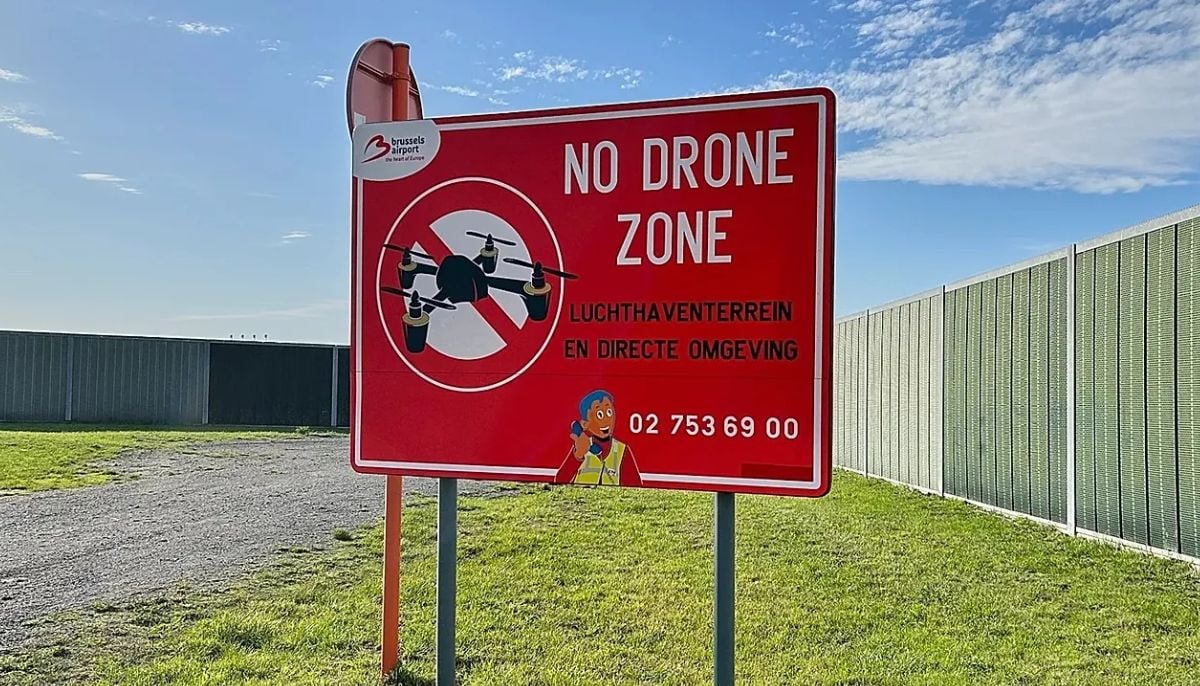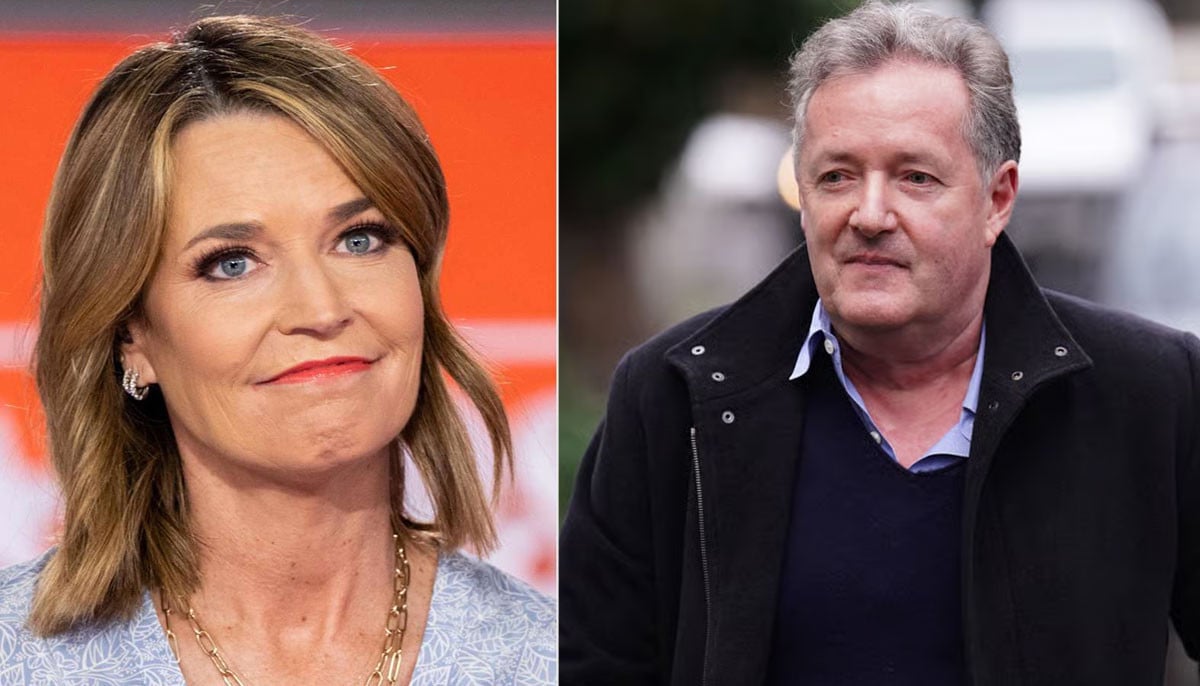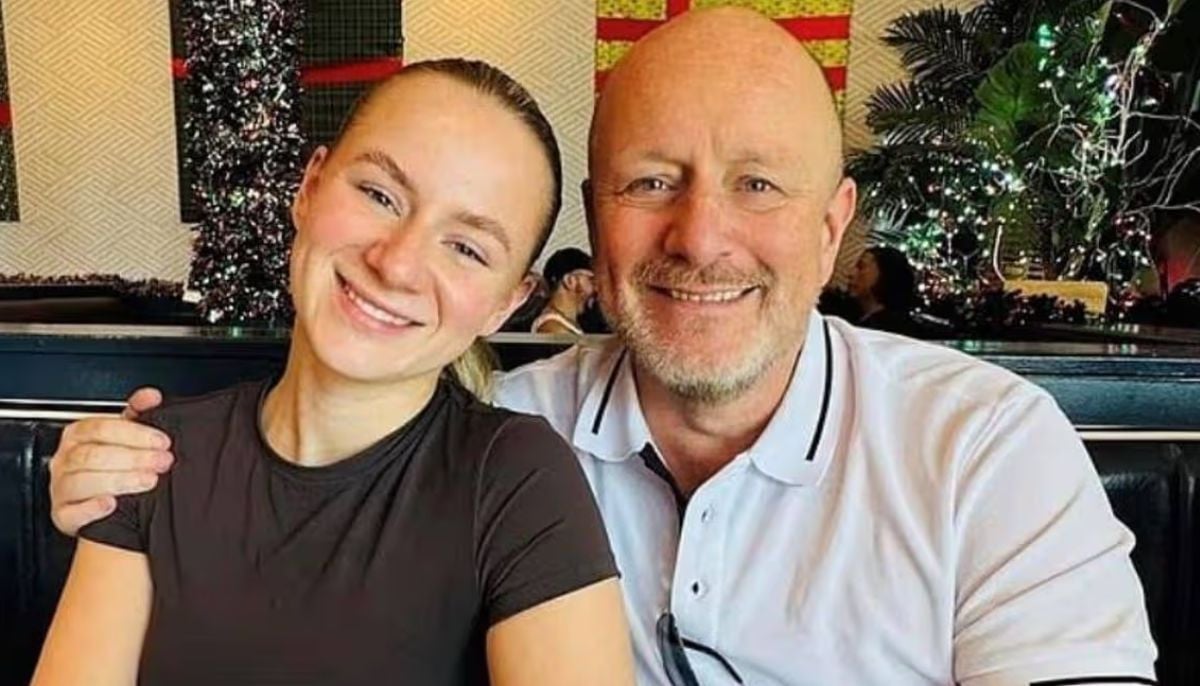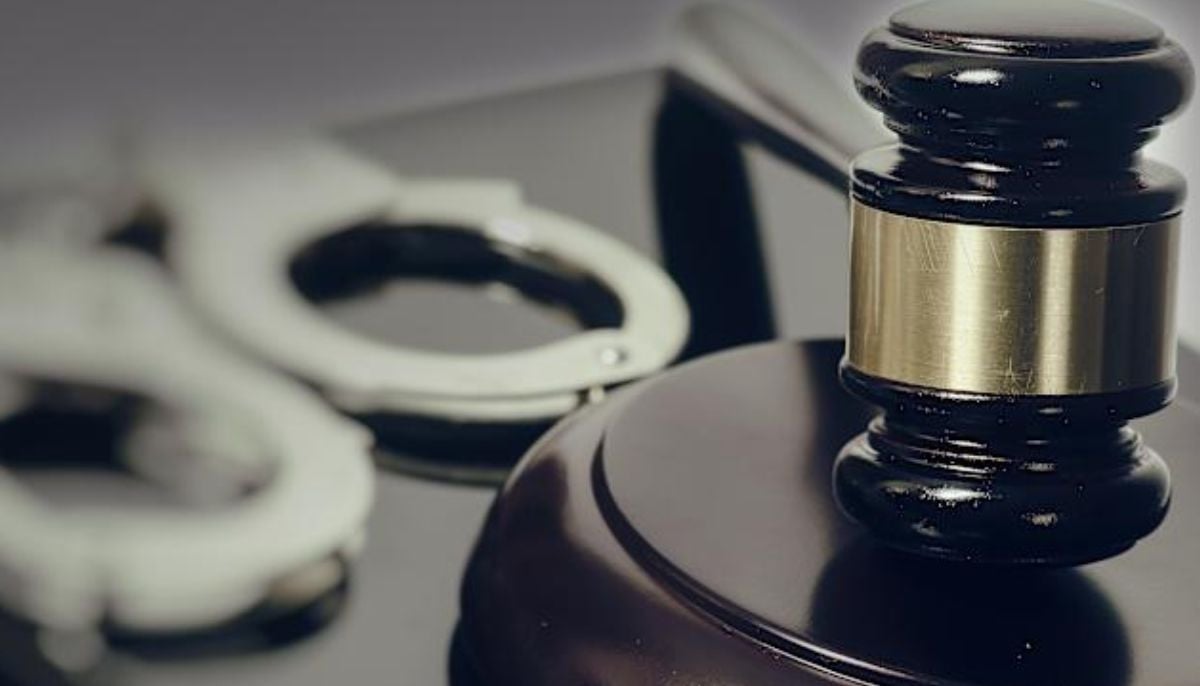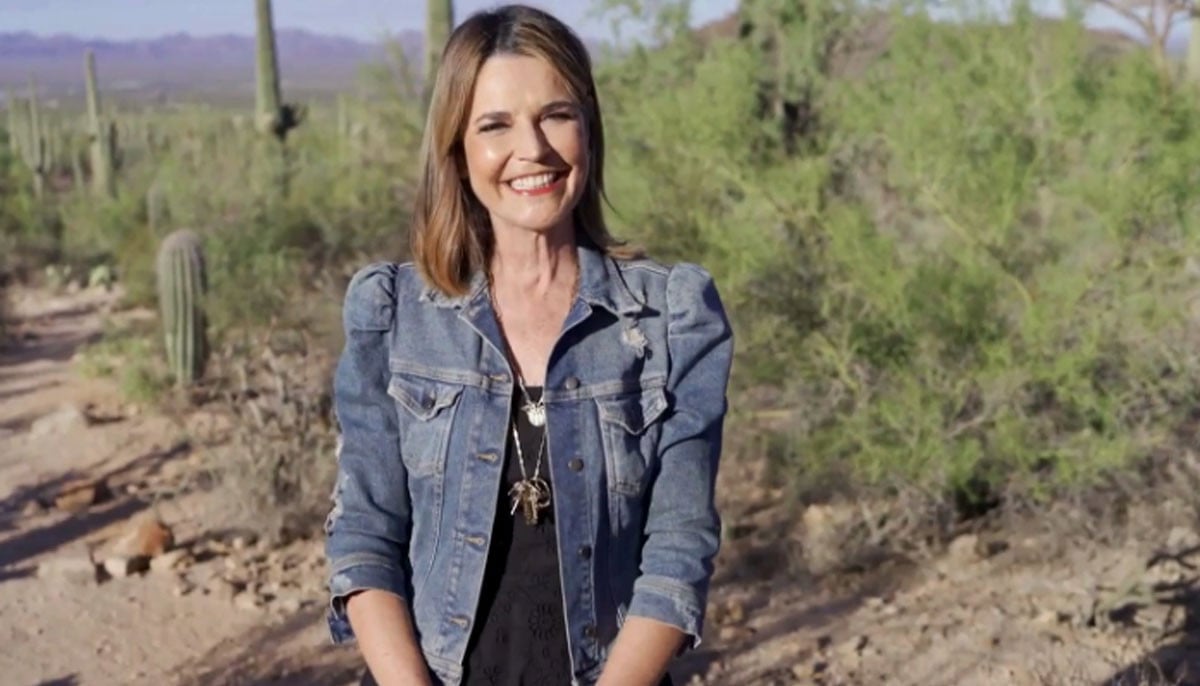World clocks to lose second as Earth rotates faster
Negative Leap Second is soon to be caused by globe's fast rotation driven by climate change
Earth is undergoing changes in its rotation due to factors such as climate change and geological shifts, which will make clocks skip a second in the near future.
Close to 2029, there might be a necessity for clocks to skip a second, referred to as a “negative leap second”, according to the study published in the Nature journal.
Such changes in Earth’s rotation may necessitate adjustments in Coordinated Universal Time (UTC), which is a standard used to set all time zones around the world, earlier than originally planned, as per a warning by a study.
As it could pose an “unprecedented problem for computer network timing”, the implications of this adjustment extend beyond timekeeping.
Prompting adjustments in leap seconds to align atomic and astronomical time, the Earth’s rotation, typically 24 hours, is now fluctuating, according to Anadolu Agency.
For the Earth’s slowing rotation, 27 leap seconds were added to compensate between 1972 and 2016.
However, the rate of slowing was tapering off to the point that the Earth’s rotation was actually speeding up.
Additionally, due to the rapid melting of ice at the poles since 1990, recent observations suggest that this is being offset. Earth’s mass is shifted by melting ice from the poles to the bulging centre, which slows the rotation.
In response, to minimise frequent adjustments and maintain synchronisation across various timekeeping systems, timekeepers are planning revisions to leap second standards in the 2030s .
-
Thai school shooting: Gunman opened fire at school in southern Thailand holding teachers, students hostage
-
Maxwell could get 'shot in the back of the head' if released: US congressman
-
New EU strategy aims to curb threat of malicious drones
-
Nancy Guthrie abduction: Piers Morgan reacts to 'massive breakthrough' in baffling case
-
Texas father guns down daughter after heated Trump argument
-
FAA shuts down El Paso Airport, flights suspended for 10 days: Here’s why
-
Teacher abused children worldwide for 55 years, kept USB log of assaults
-
Savannah Guthrie expresses fresh hope as person detained for questioning over kidnapping of Nancy
